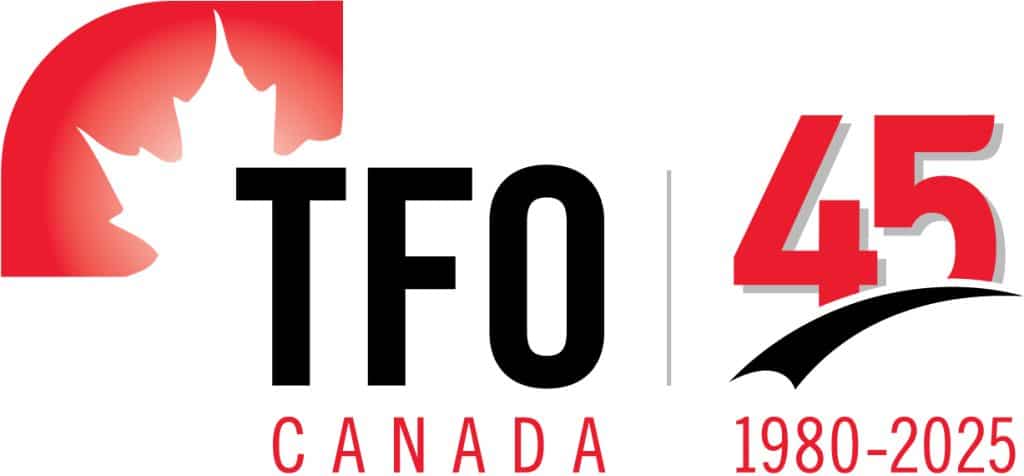Monitoring, evaluating and learning, or MEL, is the bedrock of a results-driven and adaptive programme. For trade development work, there are specific considerations and complexities. Add to that the capacity constraints in least developed countries (LDCs), and such monitoring must be robust, yet context specific.
Effective monitoring enables work that is focused on delivering impact. In the context of LDCs, specialist skills and access to international best practice is often constrained. In a world deeply affected by the COVID-19 pandemic, the importance of strong MEL systems in institutions that work globally and at national levels for adapting development programming is even clearer. Effective systems facilitate checkpoints for course correction as well as playing a key role in learning. Whether adapting to risk or maintaining relevance to current circumstances, MEL in LDCs is an evolving process. For countries with limited resources, depth needs to be balanced with usability of systems, often in an environment of constrained resources.
Having worked across the complex trade environments of 51 least developed and recently graduated countries for more than a decade, the Enhanced Integrated Framework (EIF) has continued to take the lessons learned from this partnership to better address what LDCs need. In this light three core areas can be drawn from this experience.
Read more here
